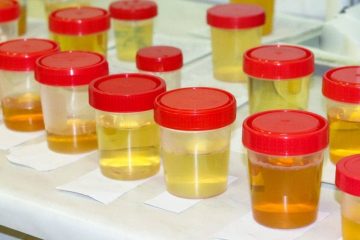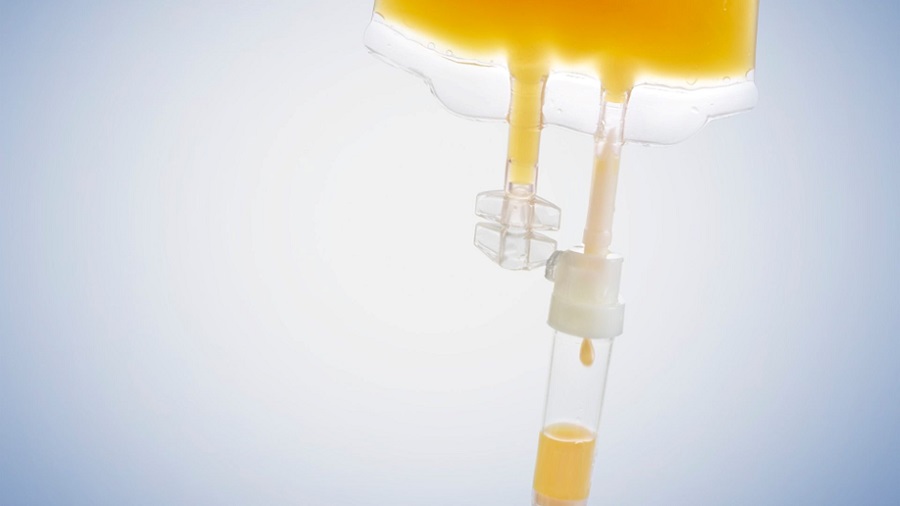Home›Health›How Old Do You Have To Be To Buy OTC Medicine In The U.S.?
- The FDA determines which products are available OTC and ensures that labels are easy to understand to prevent misuse. Unlike prescription drugs, over-the-counter medications are delivered with a printed package insert with common side effects and other instructions on how to take the drug. The label also explains how to shake the liquid medicine and how to use the active ingredients that are distributed with it.
- Do not take capsules or stir any medication into your food unless your doctor says it is OK to do so. If you are pregnant, consult your doctor before taking any medication. And if you are taking an over-the-counter medication and your symptoms do not disappear, contact your doctor immediately.
- Make an appointment with a travel physician or your doctor at least 4 to 6 weeks before your departure if you need vaccines or medication. If you plan to go abroad for more than 30 days, talk to your doctor about whether you have enough medication for your trip. Check with the foreign embassy of the country you are visiting or passing through to ensure that your medicines are approved in the country.
- Some medications prescribed in the United States and available over-the-counter in other countries are considered unlicensed or controlled substances. For example, inhalers and certain allergy and sinus medicines are banned in Japan. It is also about illegal re-imports into the USA Prescription drugs exported from other countries can be returned with substances prohibited under U.S. law. If for any reason you get a prescription and the FDA or Customs say it is fine, you decide to turn other ways.
- The most common sources of misused DXM are extra-strong cough syrup, tablets, gels and capsules. OTC medications that contain DXM often contain antihistamines and decongestants. Some over-the-counter medications, including those used to treat headaches and nausea, also contain aspirin.
- Read the label and consult your doctor or pharmacist before taking any over-the-counter medication, including those that treat headaches and nausea. Aspirin-containing drugs often use words other than aspirin, such as salicylate or acetylsalicylates. Possible side effects may vary by 1% for some over-the-counter medicines, so it is best to read the labeling for these medicines.
- Before giving a drug to a child, use the right meter to make sure it has the right amount. If you do not understand a medicine, ask your doctor or pharmacist.
- Healthy adults who take over-the-counter medications have a lower risk of side effects. These include young children, older adults and people taking more than one type of medication. Using these drugs means knowing what they need and what not.
- When you are older, talk to your doctor about the medications you are taking. Your doctor can tell you if you run the risk of having side effects by taking over-the-counter medications. To know more about other medication visit here
- Many over-the-counter medications have undergone an over-the-counter switch, also known as an OTC switch, which means they can be purchased without a prescription or as an over-the-counter product. For example, the proton pump inhibitor esomeprazole (Nexium) and the 24 hour gastric acid blocker famotidine (Pepcid AC) used for heartburn are examples of products that made this switch. Over-the-counter (OTC) medicines are sold to people with a prescription.
- OTC medications treat a variety of diseases and their symptoms, including pain, cough, colds, diarrhea, constipation and acne. The most common solution is over-the-counter drugs, which are advertised to treat many diseases, including colds.
- Teenagers under the age of 18 may be surprised when they try to buy over-the-counter drugs for a nagging cough. For children aged 12 and over, it is best not to use any advertised over-the-counter cough and cold remedies. Stroll through your local pharmacy with over-the-counter medications and highlight the numerous over-the-counter medications and products available for both adults and children.
- In 2012, a new law in my home state of California came into effect preventing young people under 18 from buying over-the-counter cough medicines that contain dextromethorphan (DxM). DxM, a widely used chemical in over-the-counter medications to relieve an agonizing cough, is addictive and can be abused by teenagers to get intoxicated. The state of California banned the sale of narcotic drugs to minors on January 1.
- Bob Casey Jr., D-Pa., and Lisa Mukowski, AK, introduced a new law with similar restrictions to prevent the nationwide misuse of over-the-counter cough medications for teenagers. Pediatric over-the-counter cough and cold products have undergone significant regulatory changes in recent years. In a major effort that began in 1972, the FDA reviewed all over-the-counter drug categories for safety and efficacy, and continues to do so.
- In 2007 several health experts petitioned the FDA to review the pediatric efficacy and safety data for over-the-counter cough and cold products and demanded that they should not be used in children under the age of six. In 2008, the FDA advised that over-the-counter cough and cold products not be administered to children as young as two years old.
- Although no medical prescription is required, many believe that over-the-counter drugs are safer than prescription drugs and illegal street drugs. While some prescription medications are actually safe and effective when taken as prescribed, they can cause serious and sometimes fatal side effects when misused.
- Abuse of over-the-counter medicines is widespread among adolescents between the ages of 13 and 16, because they know that they can find something cheap and high-quality in their medicine cabinet and there is no catch. For young adults, misuse of an over-the-counter drug in combination with other medications, alcohol or illegal drugs increases the risk.












